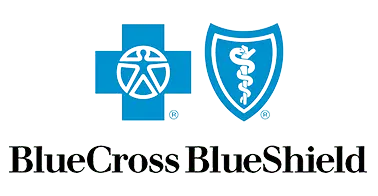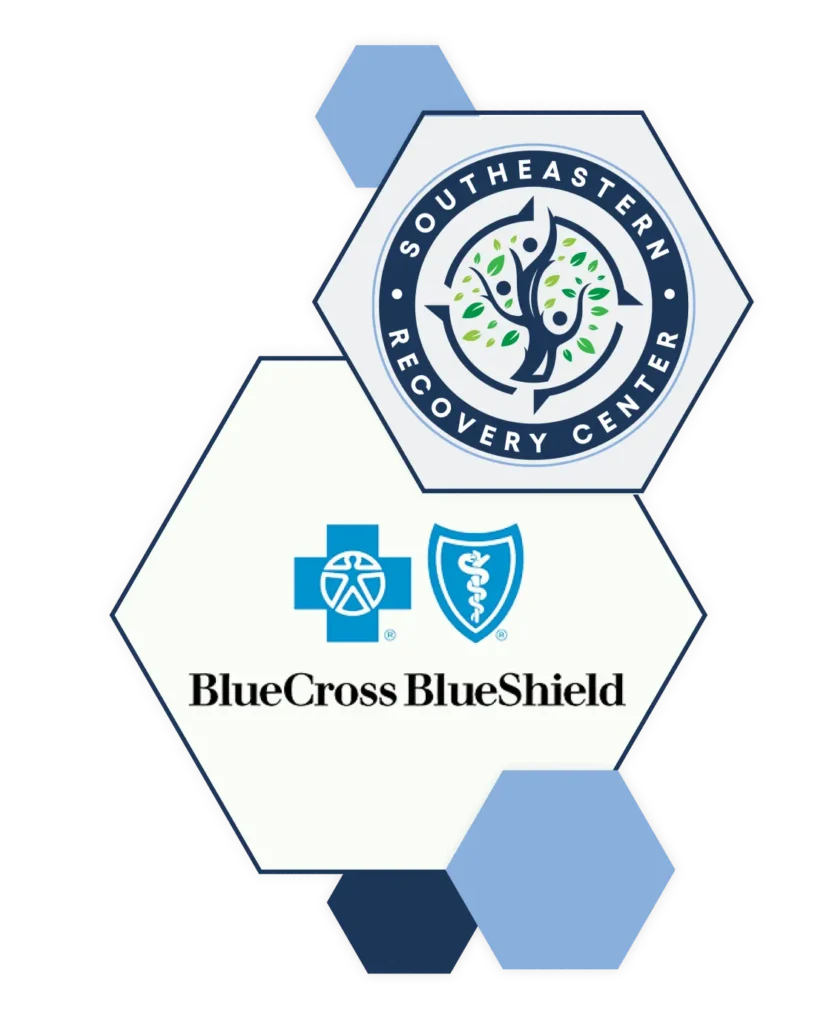Find out if addiction treatment in North Carolina is covered by your Blue Cross Blue Shield Health Insurance Policy – or verify your insurance coverage with Southeastern Recovery Center now.

According to the National Alliance on Mental Illness, one in five U.S. adults experience mental illness each year. Mental illness encompasses several different conditions and disorders as classified by the Diagnostic and Statistical Manual of Mental Disorders (DSM-5), including substance use disorder. It is estimated that 1,469,000 North Carolina residents have a mental health condition – many of whom are not actively seeking treatment.
The biggest obstacle for most North Carolinians seeking treatment is financial constraint. Although mental health is covered by insurance, many are still trying to make ends meet and may end up forced to look out of network – making out of pocket expenses higher and unmanageable. There are ways of paying for addiction treatment in North Carolina, and the first step is checking into your existing insurance provider to determine what benefits you currently have available.
Blue Cross Blue Shield (BCBS) is a federation of independent health insurance companies in the United States. It’s one of the largest and most recognized health insurance brands in the country. The federation consists of 36 separate health insurance organizations and companies that operate under the Blue Cross Blue Shield name, providing coverage to over 100 million Americans.
Each Blue Cross Blue Shield company operates independently and serves a specific geographic area, although they often collaborate on certain national programs and initiatives. They offer a wide range of health insurance products, including individual and family plans, employer-sponsored plans, Medicare, and Medicaid plans.
This is a brief history and timeline of BCBS:
The first Blue Cross plan is established in Dallas, Texas, by a group of teachers who pooled their resources to pay for hospital care.
Blue Cross plans begin to spread across the United States, providing prepaid hospital coverage.
Blue Shield plans are established to cover physicians' services, creating the Blue Cross Blue Shield brand.
The Blue Cross Association and the National Association of Blue Shield Plans are formed to provide national coordination and support for Blue Cross and Blue Shield plans.
Medicare is enacted, and Blue Cross Blue Shield plans become significant providers of coverage for Medicare beneficiaries.
The Blue Cross Association and the National Association of Blue Shield Plans merge to form the Blue Cross and Blue Shield Association (BCBSA), providing unified national representation for the Blue Cross Blue Shield brand.
The Health Care Financing Administration (HCFA), later renamed the Centers for Medicare & Medicaid Services (CMS), designates the Blue Cross and Blue Shield Association as the national coordinator of Medicare's private fee-for-service plans.
Blue Cross Blue Shield introduces the BlueCard program, allowing members to access healthcare services across state lines.
Anthem Inc. merges with Blue Cross Blue Shield of Georgia, becoming one of the largest health benefits companies in the United States.
The Affordable Care Act (ACA) is signed into law, bringing significant changes to the healthcare landscape, including regulations affecting Blue Cross Blue Shield plans.
Blue Cross Blue Shield companies continue to adapt to changes in the healthcare industry, offering a range of health insurance products and services to millions of Americans.
In North Carolina, BCBS offers a variety of health insurance plans tailored to the diverse needs of individuals, families, and businesses. Here’s a detailed list of the different types of Blue Cross Blue Shield plans available in North Carolina:
When reviewing your BCBS coverage in North Carolina, it’s essential to understand various terms and concepts to make informed decisions about your healthcare. Here are some important terms to know and understand:

Premium: The amount you pay for your health insurance coverage, typically on a monthly basis. This is separate from any out-of-pocket costs you may incur when receiving medical care.
Deductible: The amount you must pay out of pocket for covered services before your insurance plan starts to pay. Once you meet your deductible, your insurance plan will typically begin to cover a portion of the costs for covered services.
Copayment (Copay): A fixed amount you pay for a covered healthcare service at the time of receiving the service. Copayments are often required for services such as doctor’s office visits, prescription drugs, and specialist consultations.
Coinsurance: The percentage of costs you are responsible for paying for covered healthcare services after you’ve met your deductible. For example, if your plan has a 20% coinsurance rate for hospital stays, you would pay 20% of the costs, and your insurance would cover the remaining 80%.
Out-of-Pocket Maximum/Limit: The maximum amount you have to pay for covered services during a policy period (usually one year) before your insurance plan begins to pay 100% of the allowed amount. This includes deductibles, copayments, and coinsurance.
Network: The group of doctors, hospitals, and other healthcare providers that have contracted with your insurance company to provide services at discounted rates. Using in-network providers typically results in lower out-of-pocket costs compared to out-of-network providers.
In-Network: Healthcare providers, facilities, or pharmacies that have agreed to provide services to members of a particular insurance plan at negotiated rates.
Out-of-Network: Healthcare providers, facilities, or pharmacies that do not have a contract with your insurance plan. Using out-of-network providers may result in higher out-of-pocket costs or may not be covered at all, depending on your plan.
Preauthorization/Prior Authorization: A requirement by your insurance plan to obtain approval before receiving certain healthcare services or treatments. Failure to obtain preauthorization for covered services may result in denial of coverage or higher out-of-pocket costs.
Formulary: A list of prescription drugs covered by your insurance plan. Formularies may categorize drugs into tiers, with different cost-sharing requirements for each tier.
Exclusions: Services or treatments that are not covered by your insurance plan. It’s essential to review the list of exclusions to understand what services may not be covered and to plan accordingly.
Benefits Summary/Explanation of Benefits (EOB): A document provided by your insurance company that outlines the details of your coverage, including deductibles, copayments, coinsurance, and covered services. The EOB also provides information about how claims were processed and what portion, if any, you may owe.

As a trusted insurance provider in healthcare (and mental health), BCBS serves millions of subscribers across the country each year – but it doesn’t mean that navigating the fine print has gotten any easier. When looking for addiction treatment in North Carolina, the last thing you need to worry about is the fine print of your BCBS policy, which is why Southeaster Recovery Center is here to help.
Our staff is trained in handling BCBS insurance coverage questions and you can even verify your BCBS benefits online to determine what your potential out of pocket costs will be for treatment. We believe in making the process of getting addiction treatment easy and transparent – that way you can receive the treatment you need without surprise bills at the end of your program. If you are ready to get started, call Southeastern Recovery Center today.
